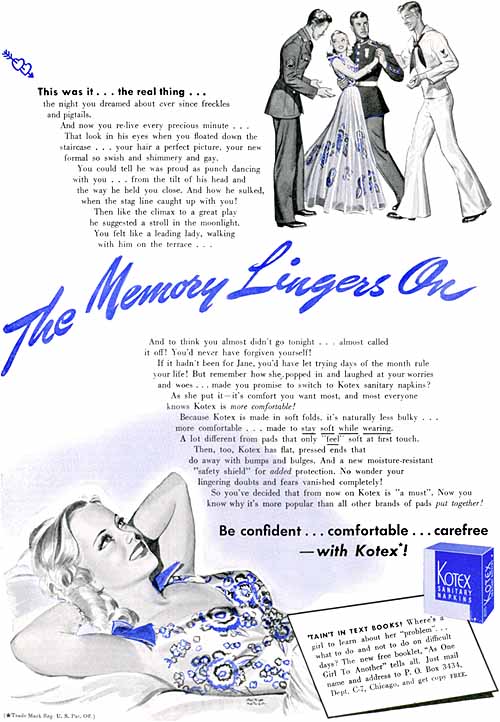
Rosie The Riveter (The Movie)
When America finally entered WWII in 1941, there was a labor shortage. Factories and industrial jobs were in dire need of labor.
The manufacturing plants, especially the ones producing ships, bullets and other items essential to the war lacked the usual male labor they had needed. All the able bodied men were being shipped off to the Pacific and Europe, the United States responded to this labor shortage with a massive “advertising” campaign (Some would say a massive campaign of mass persuasion and propaganda)
This campaign consisted of various posters, flyers, movies and radio ads by any means that could be used to reach a whole new field of laborers; women and minorities.
The movie "Rosie The Riveter" documents from both archival footage and first hand accounts the stories of these women, of “Rosie.”
The film then goes on to show how after the war ended; the need for female workers did too. The ads and “propaganda” campaigns now focused on returning the women to their “place,” the domestic sphere. This was the beginning of the “feminine mystique” or the ideal woman, the woman who obeys and lives to serve her husband. The movie itself was made by feminists during the 1970’s feminist movement. The movie itself was used as propaganda by feminist groups to argue for female workers, and for an equal wage for women.









